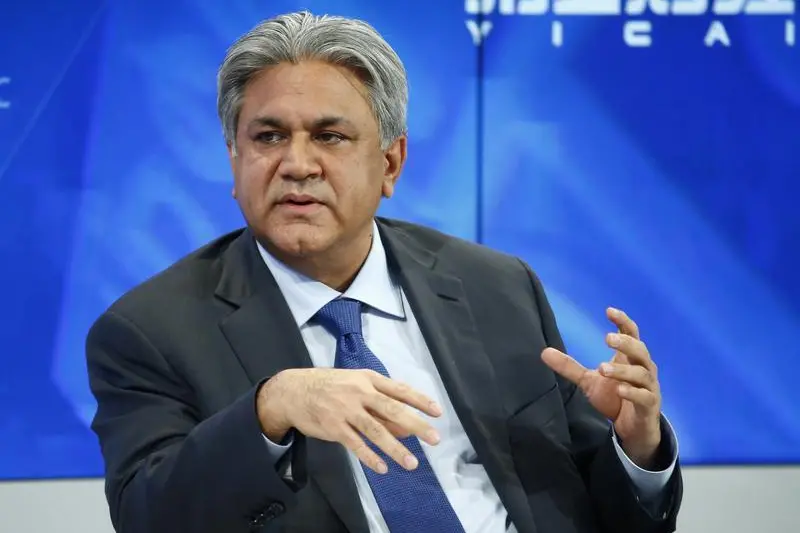PHOTO
Allegations that one of the biggest and oldest private equity firms in the Middle East misused client money, including from the Bill & Melinda Gates Foundation and the World Bank, have sent shock waves through the ranks of local dealmakers, according to Bloomberg.
Dubai’s Abraaj Group, has shaken up its top ranks, cut dozens of jobs and hired outside help to probe the matter and patch up relations with clients, but the fallout may just start to ripple through.
Bloomberg reported that since the allegations surfaced in February, private equity deals and fundraising in the region, which had already been slowing, have come to a halt, according to interviews with about a dozen financial industry executives. The issue has hurt the region’s reputation and threatens to bring back concerns about a lack of transparency that had kept some investors away, they said, asking for anonymity because the matter is sensitive.
Karim A. Souaid, managing partner of Growthgate Capital, a private investment firm operating in the region, said the true impact of the Abraaj situation is one of reputational capital, which is likely to impact the appetite of fund investors to commit, and the capabilities of fund managers to raise capital.
The central issue revolves around how Abraaj used some client money in a $1 billion health-care fund. The firm said everything is properly accounted for and that some unused capital from the fund, though the amount was not disclosed, was returned to investors, adding that a discrepancy between money it collected from investors and the amounts it invested was due to delays in projects, and that the agreement with clients allowed it to hold on to the cash until it could be put to use.
“At Abraaj, our focus remains on working collaboratively with our investors, completing the reorganisation of the firm to ensure long-term growth, and partnering closely with our partner companies to create value. We are confident of the long-term resilience of the economies we operate in which are supported by a thriving regional eco-system, a mature private equity industry, and the long-term interests of global investors who continue to view growth markets as attractive investment destinations,” the company said in a statement.
Abraaj manages an estimated $14 billion for institutions and supranational agencies from a number of countries, and Founder Arif Naqvi had become a regular at the World Economic Forum in Davos, making the allegations are so damaging for the broader industry, said one top dealmaker in the region, said Bloomberg.
Only one Middle East-based private equity-backed buyout deal has occurred since the beginning of the year following a three-year slow down in deals as the region’s economy came to grips with the impact of low oil prices, according to data provided by alternative asset data firm, Preqin Ltd.
Preqin reported that in 2017 a total of six funds closed, at an aggregate amount of around $144 million compared to 2012, when investors committed $2.9 billion in total.
Bloomberg reported that an industry executive currently seeking to raise a venture capital fund said those plans have been impacted by the Abraaj issue, largely because of Abraaj’s size, while an executive at a regional private equity firm that has looked at co-investing with Abraaj, said investors already had very small allocations to the region and this will make things worse.
Legal and regulatory frameworks have contributed to stunting the region’s finance industry in key areas such as investor protection and corporate governance, particularly since bankruptcy laws are new and still developing making dealing with failing companies cumbersome. Also the business landscape in the Middle East is also primarily relationship-based, which does not facilitate the transparency that global investors seek.
Abraaj has hired investment bank Houlihan Lokey Inc. for assistance in negotiations with investors, and held talks last month with some of them.
“What they did seems to be allowed by the limited partnership agreement, and their’s seems standard. Still, given that Abraaj is an ambassador of private equity in the Middle East, it will negatively impact the other firms in the region,” said Ludovic Phalippou, author of Private Equity Laid Bare, and a faculty member of the Said Business School at the University of Oxford, reported Bloomberg.
© 2018 CPI Financial. All rights reserved. Provided by SyndiGate Media Inc. (Syndigate.info).





















